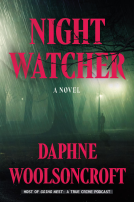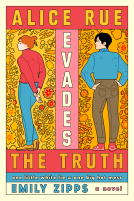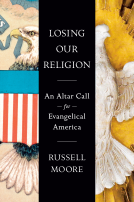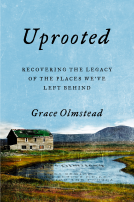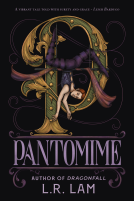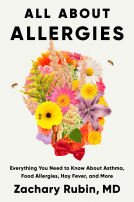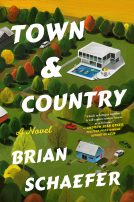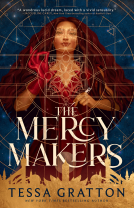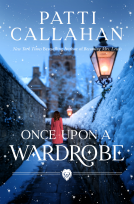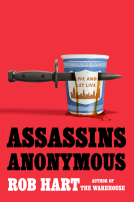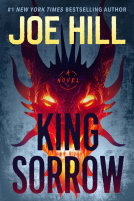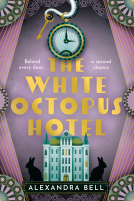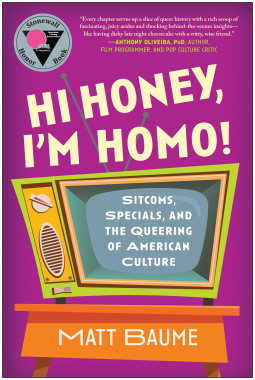
Hi Honey, I'm Homo!
Sitcoms, Specials, and the Queering of American Culture
by Matt Baume
This title was previously available on NetGalley and is now archived.
Send NetGalley books directly to your Kindle or Kindle app
1
To read on a Kindle or Kindle app, please add kindle@netgalley.com as an approved email address to receive files in your Amazon account. Click here for step-by-step instructions.
2
Also find your Kindle email address within your Amazon account, and enter it here.
Pub Date May 23 2023 | Archive Date Jul 31 2024
BenBella Books | Smart Pop
Talking about this book? Use #HiHoneyImHomo #NetGalley. More hashtag tips!
Description
2024 Stonewall Book Honor Award Winner—Israel Fishman Non-Fiction Book Award
Featured on NPR's Books We Love 2023
One of Vulture's Best Comedy Books of 2023
"This book is a triumph and everyone should read it."
—Dan Savage, journalist and author, on the "Savage Lovecast"
"Hi Honey, I’m Homo is a heartbreaking historical document, but ultimately one that will leave the reader feeling proud of how something as maligned and disposable as the network sitcom used comedy to bring about such profound and important social progress."
—Vulture
"[A] well-curated compendium of prime time broadcasting . . . Baume is a companionable guide."
—Shelf Awareness
Behind the scenes of the most popular sitcoms of the 20th century, a revolution was brewing.
For decades, amidst the bright lights, studio-audience laughs, and absurdly large apartment sets, the real-life story of American LGBTQ+ liberation unfolded in plain sight in front of millions of viewers, most of whom were laughing too hard to mind.
From flamboyant relatives on Bewitched to closely-guarded secrets on All in the Family, from network-censor fights over Soap to behind-the-scenes activism on the set of The Golden Girls, from Ellen’s culture clash and Will & Grace’s mixed reception to Modern Family’s primetime power-couple, Hi Honey, I’m Homo! is the story not only of how subversive queer comedy transformed the American sitcom, from its inception through today, but how our favorite sitcoms transformed, and continue to transform, America.
Accessible, entertaining, and informative, Hi Honey, I’m Homo! features commentary and interviews from celebrities, behind-the-scenes creators, and more.
